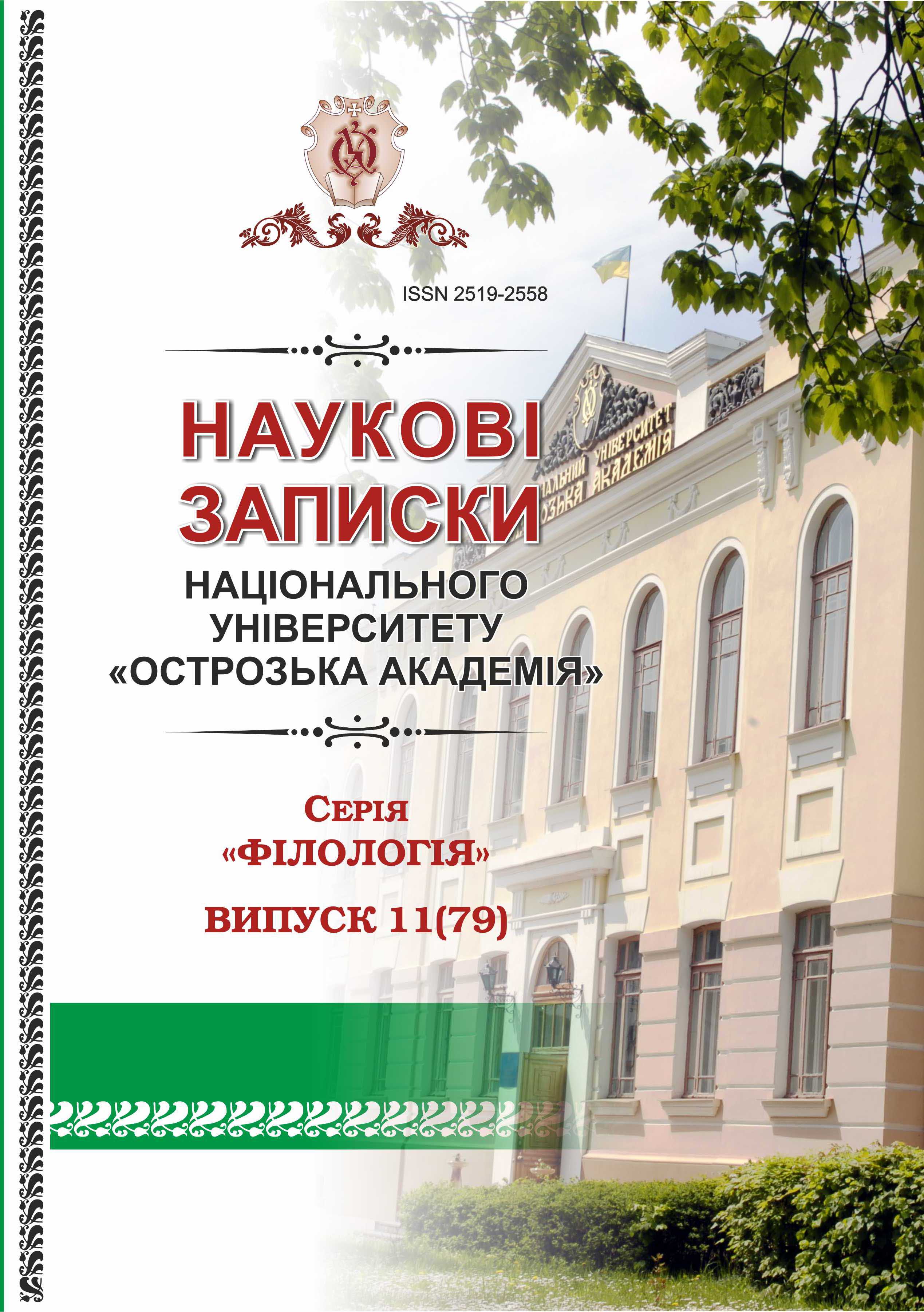USE OF DIGITAL TECHNOLOGIES IN THE EDUCATIONAL ENVIRONMENT OF HIGHER EDUCATION: OFFLINE AND ONLINE LEARNING
Keywords:
professional competence, digital competence, digital technologies, informatization of education, offline / online learning, educational environment, digitizationAbstract
The article is devoted to the up-to-date problem of introduction of digital technologies by their integration in higher education teaching and learning for the purpose of formation of the independent, responsible, socially active personality. The specifics of mastering digital competence, which today is an integral component of students’ training, and due to the use of digital technologies provides future professionals with relevant knowledge, forms their ability to adequately use digital information and work in a dynamic environment. The features of the use of digital technologies in the professional offline/online activities of future specialists are discussed; the overall positive impact of use of technologies in students learning process and outcomes aimed to promote students’ active engagement and participation in the learning process inside and outside the classroom id admitted. The data also revealed digital technologies to support more transmissive ways of teaching, facilitating students individually to access, share and publish information, and significantly lesser used to promote collaborative and cooperative learning. The potential benefits of digital technologies in the classroom are revealed and can be taken to mean digital processing systems that encourage active learning, knowledge construction, inquiry, and exploration, and which also allow for remote communication as well as data sharing to take place between teachers and/or learners in different physical classroom locations. Theoretical aspects of the research are substantiated; the main intensifiers of transformation processes in education are determined; six levels of digital competence development are characterized in accordance with the specifics of professional tasks, type and level of educational training. The concepts of "digital competence", "digital technologies", "digitalization" are disclosed. The effectiveness of using digital technologies in order to increase the efficiency of practical training of future professionals in higher education institutions is substantiated. The most widespread digital technologies are singled out and systematized into taxonomy in the context of formation of digital competence of future specialists.

